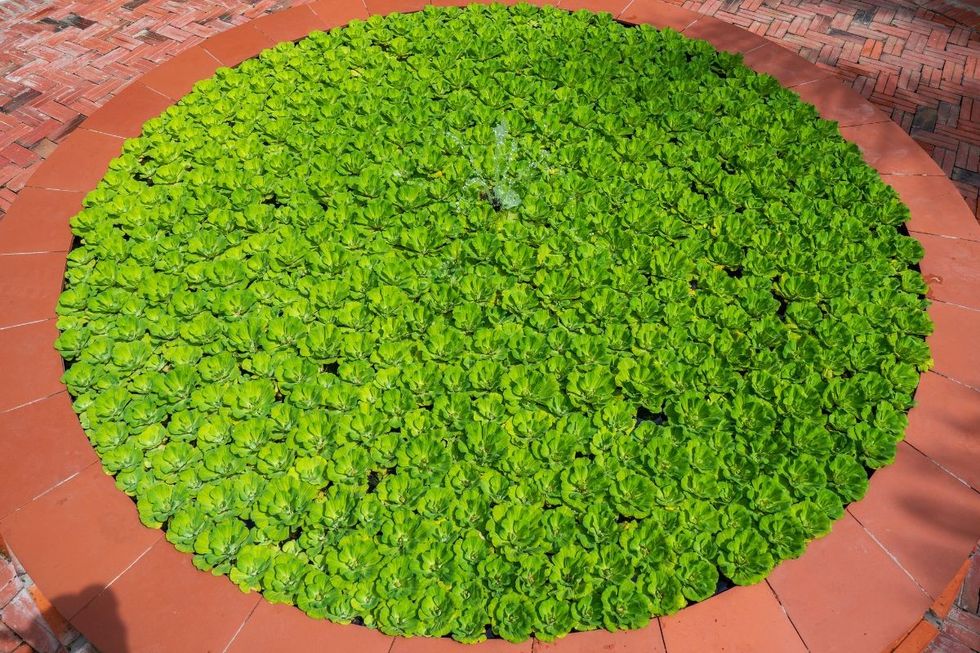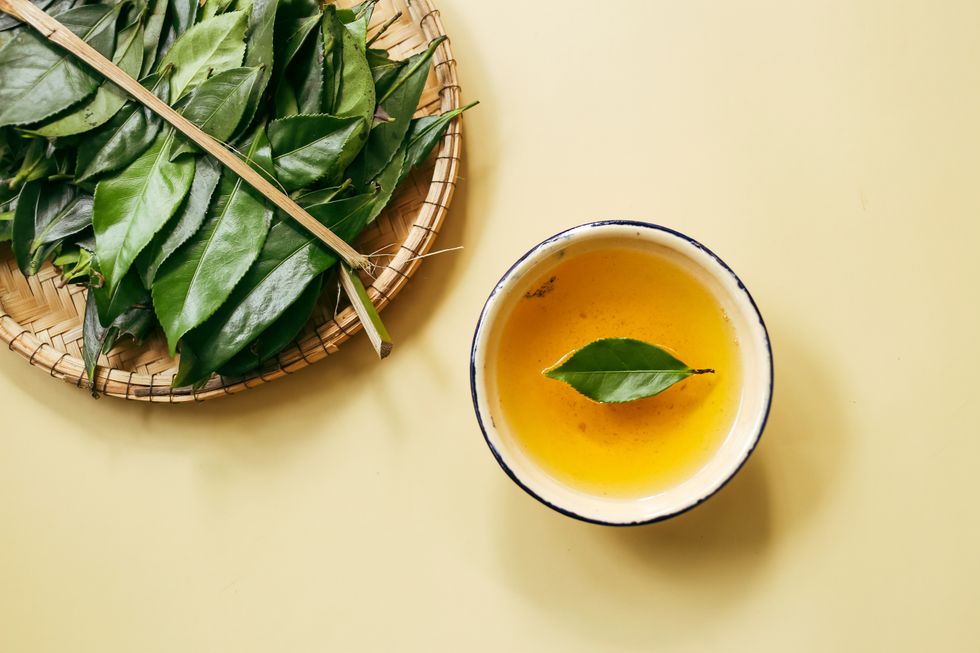How to live longer: Adding two green ingredients to the Mediterranean diet may slow brain ageing

Aquatic ingredients may hold the key to a dementia-free brain
Don't Miss
Most Read
Individuals who follow a green-Mediterranean diet experience slower brain ageing than those on standard healthy diets; a benefit Britons could achieve by adding green tea and an aquatic plant to their meals.
The study, published in Clinical Nutrition, found that this particular diet combination reduces levels of certain blood proteins linked to accelerated brain ageing.
Scientists from Ben-Gurion University, Harvard, and the University of Leipzig discovered that the diet might offer protection against cognitive decline and conditions like Alzheimer's disease.
What makes this diet special is simply the addition of green tea and Mankai, an aquatic plant, to the traditional Mediterranean approach.
TRENDING
Stories
Videos
Your Say

What makes the green Mediterranean diet special is the addition of green tea and Mankai
|GETTY
The researchers tracked around 300 participants in the DIRECT PLUS trial, one of the longest-running investigations into diet and brain health. For 18 months, people were divided into three groups with different eating plans.
The first group followed a standard healthy diet, while the second tried a traditional Mediterranean approach with calorie restrictions, plenty of vegetables, and fish or poultry instead of red meat. They kept simple carbohydrates low.
The third group went for the green-Mediterranean option, which included everything from the traditional Mediterranean diet plus daily green tea and Mankai.
This comprehensive study design allowed scientists to compare how each dietary approach affected brain ageing markers in the participants' blood.
When scientists measured protein levels in participants' blood, they found that people following the green-Mediterranean diet had lower levels of proteins associated with faster brain ageing.
It's fascinating that higher levels of these specific proteins were linked to brains that appeared "older" than expected for someone's actual age. This brain age gap is often seen in people with mild cognitive impairment and Alzheimer's disease.
The researchers believe the protective effects might come from anti-inflammatory molecules found in both green tea and Mankai.
These compounds appear to help reduce the proteins that accelerate brain ageing, potentially offering a natural way to maintain cognitive health as we get older.

The protective effects of the green-Mediterranean diet may come from anti-inflammatory molecules found in Mankai
|GETTY
"Studying the circulating proteins in blood allows us to observe, in a real-life setting, how the brain's ageing processes are influenced by lifestyle and dietary changes," explained postdoctoral research fellow at Harvard Chan School, Dr Anat Meir, who co-led the study.
She added: "This approach gives us a dynamic window into brain health, helping to reveal biological changes long before symptoms may appear.
"By mapping these protein signatures, we gain powerful new insight into how interventions, such as diet, may help preserve cognitive function as we age."
LATEST DEVELOPMENTS

Green tea is often included in dietary plans to slow brain ageing
|GETTY
What is Mankai?
According to the Alzheimer’s Drug Discovery Foundation, Mankai is an aquatic plant of the duckweed family.
It has a unique nutritional composition for a plant, with about 45 per cent of its dry weight composed of protein, including all nine essential amino acids.
"Mankai is also rich in omega-3 fatty acids, dietary fibre, polyphenols, iron and several micronutrients,” according to the health body.
Like green tea, mankai is often included in dietary plans to promote heart health, reduce fat and slow brain ageing by improving the gut microbiome and increasing beneficial metabolites.
Our Standards: The GB News Editorial Charter











